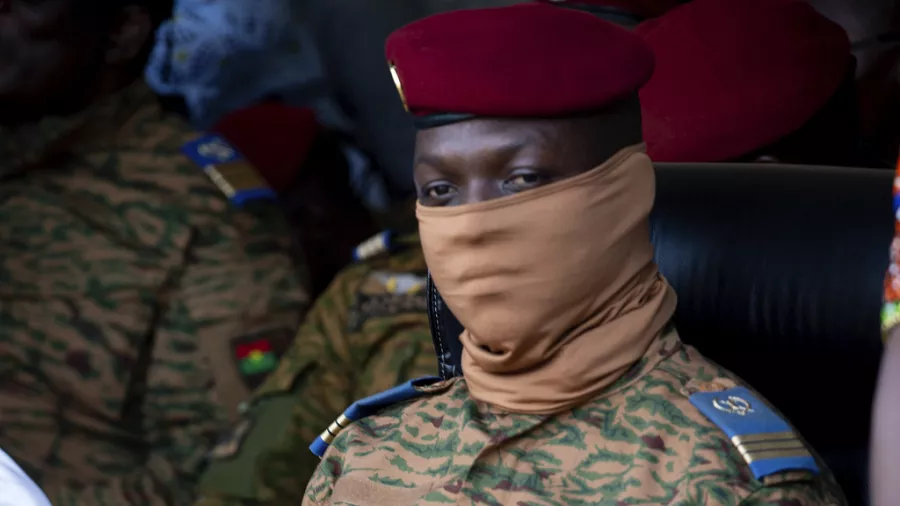The government of Burkina Faso has introduced a new bill granting amnesty to individuals convicted in connection with the failed 2015 coup.
According to the Minister of Justice, eligibility for amnesty requires the individuals to admit to their actions, demonstrate good behaviour, and agree to operational deployment in the fight against terrorism.
The 2015 coup attempt was led by members of the elite Presidential Security Regiment, loyal to ousted President Blaise Compaoré, who sought to overthrow the transitional government less than a month before democratic elections.
Compaoré had been forced to resign in 2014 following widespread protests against his attempt to amend the constitution to extend his 27-year rule. He fled the country in the aftermath.

The week-long coup attempt ultimately failed due to resistance from sections of the army and the public. Several high-ranking officers involved in the coup were sentenced to prison in 2019, though appeals are still pending.
The Justice Minister suggested that the amnesty law could address delays in the judicial process and help resolve the impasse. He added that a forthcoming decree would specify who qualifies for amnesty under the new law.
The proposed legislation has sparked mixed reactions. Some view it as a step towards national reconciliation, while others question its motives and potential consequences.
Burkina Faso’s history of political turmoil includes the aftermath of the failed 2015 coup, which led to the election of Roch Marc Christian Kaboré. His victory marked the country’s first peaceful and fair election in 50 years. However, Kaboré was ousted in a military-led insurgency in January 2022. This was followed by a second coup nine months later, with the current leader still in power.


